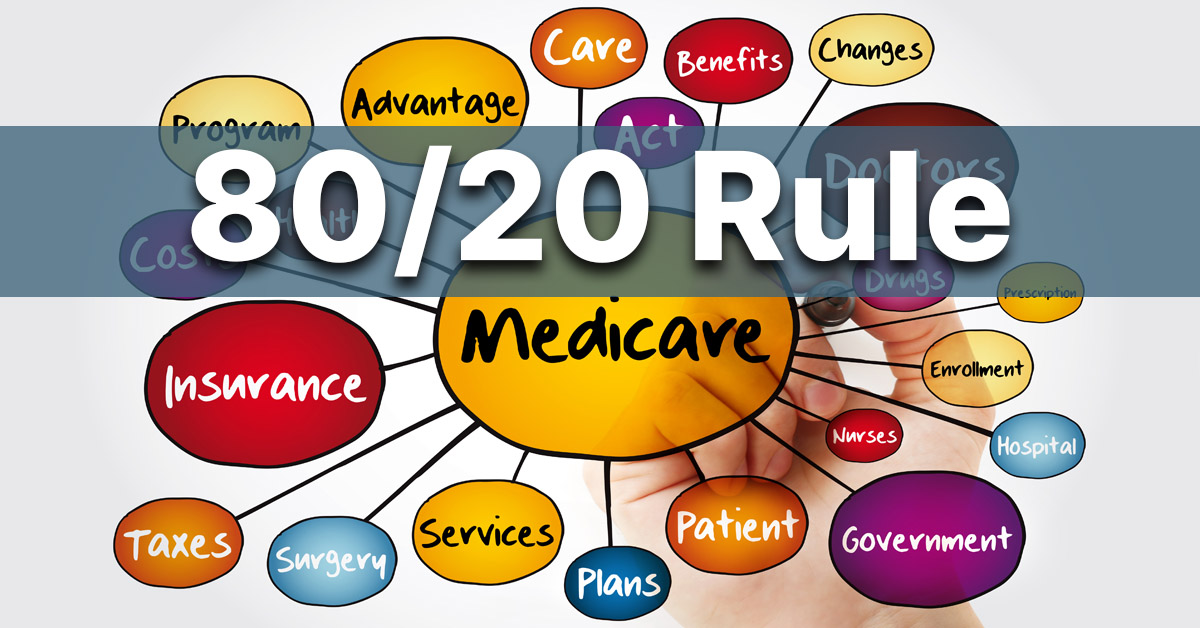
Ensuring Access to Medicaid Services 80/20 Final Rule
The Centers for Medicare and Medicaid Services (CMS) released the Medicaid Program, Ensuring Access to Medicaid Services final rule on April 22, which is set to take effect 60 days from publication, specifically on July 9, 2024. While certain provisions allow for longer timelines for compliance, the overall aim of the rule, proposed initially in April 2023, is to bolster access to Medicaid services, enhance transparency, and elevate service quality.
The 80/20 Requirement
The recent finalization of the Medicaid Access Rule by the Centers for Medicare and Medicaid Services (CMS) signals a crucial moment for Medicaid providers and the communities they serve. A key aspect of this rule, known as the 80/20 requirement, mandates that 80 percent of Medicaid reimbursement funds to providers must be allocated to caregiver wages. This provision aims to improve care quality by ensuring fair compensation for caregivers. While private home care companies may not be directly impacted, the rule prompts important discussions within the industry. The Home Care Association of America (HCAOA) has expressed concerns, suggesting that the rule might not effectively address core issues and could lead to unintended consequences.
- Impact on patient care:
Potential effects on access to care, caregiver shortages, and quality of services. - Effects on home care agencies:
Challenges in sustaining operations under the 80/20 provision, especially in rural areas. - Unintended consequences:
There are speculations about how the rule might influence the private home care sector and caregiver recruitment.
80/20 Rule
Dubbed the “80/20 rule,” this provision mandates that 80% of Medicaid rates for three HCBS waiver services—homemaker, home health aide, and personal care—be allocated to workers as compensation. Despite facing significant opposition during the comment period, the final rule retained this provision. However, CMS made adjustments by specifying which employer costs are included in the 80% calculation and which are excluded. States are required to establish reporting structures by 2028, with the payment adequacy threshold coming into effect in 2030. Notably, compliance with the pass-through requirement is now at the provider level rather than the state level.
Key Takeaways
While the intent behind the Medicaid Access Rule is commendable, the concerns raised by industry experts warrant thoughtful consideration. Balancing the need for fair wages for caregivers with the sustainability of providers is a delicate dance. As we navigate these changes, it is crucial to keep a compassionate lens on the caregivers who play an indispensable role in our communities’ well-being.
Looking ahead, states face significant challenges in aligning with these requirements, necessitating substantial investment and restructuring of stakeholder groups. Providers must stay abreast of developments in their states’ policy implementation and contribute to shaping decisions that impact the sector.






